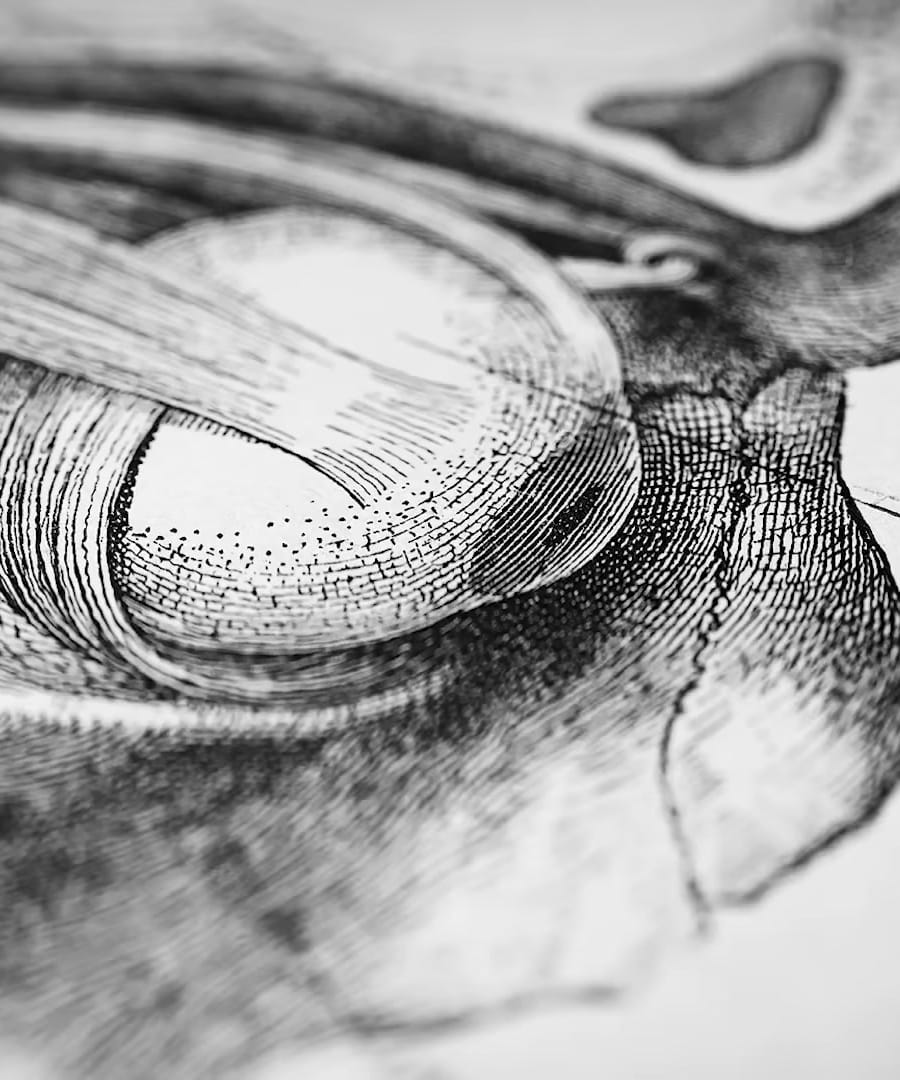What is the sleep toolkit?
Sources:
The sleep toolkit, as discussed by Dr. Andrew Huberman, consists of various tools and strategies aimed at optimizing sleep quality. Here are the key components:
-
Behavioral Tools:
- Emphasis on non-sleep deep rest (NSDR) and the Reveri app for promoting relaxation and better sleep.
- Habitual routines, such as dimming lights and reducing noise at night, can significantly improve sleep quality.
-
Supplementation:
- Recommends Inositol to help with falling back asleep if awakened during the night. Inositol also has anxiety-reducing effects throughout the day.
- Magnesium threonate, apigenin, and theanine are suggested supplements to improve sleep.
-
Digital Tools:
- Use of digital solutions like non-sleep deep rest scripts and clinically-supported self-hypnosis techniques to enhance the ability to fall and stay asleep.
- Peer-reviewed base applications like Reveri offer structured programs (though there is a cost involved).
-
Diet and Exercise:
- Employing strategies related to food timing, temperature, light exposure, and exercise schedules to support physiological conditions conducive to sleep.
-
Free Resources:
- Recommends cost-free tools like Yoga Nidra scripts available on platforms like YouTube, which can be used to aid sleep without any financial burden.
Dr. Huberman integrates peer-reviewed science into practical, accessible tools within this toolkit, aiming to enhance both sleep quality and the accompanying daytime alertness and mental well-being 1 2 3.
RELATED QUESTIONS-


